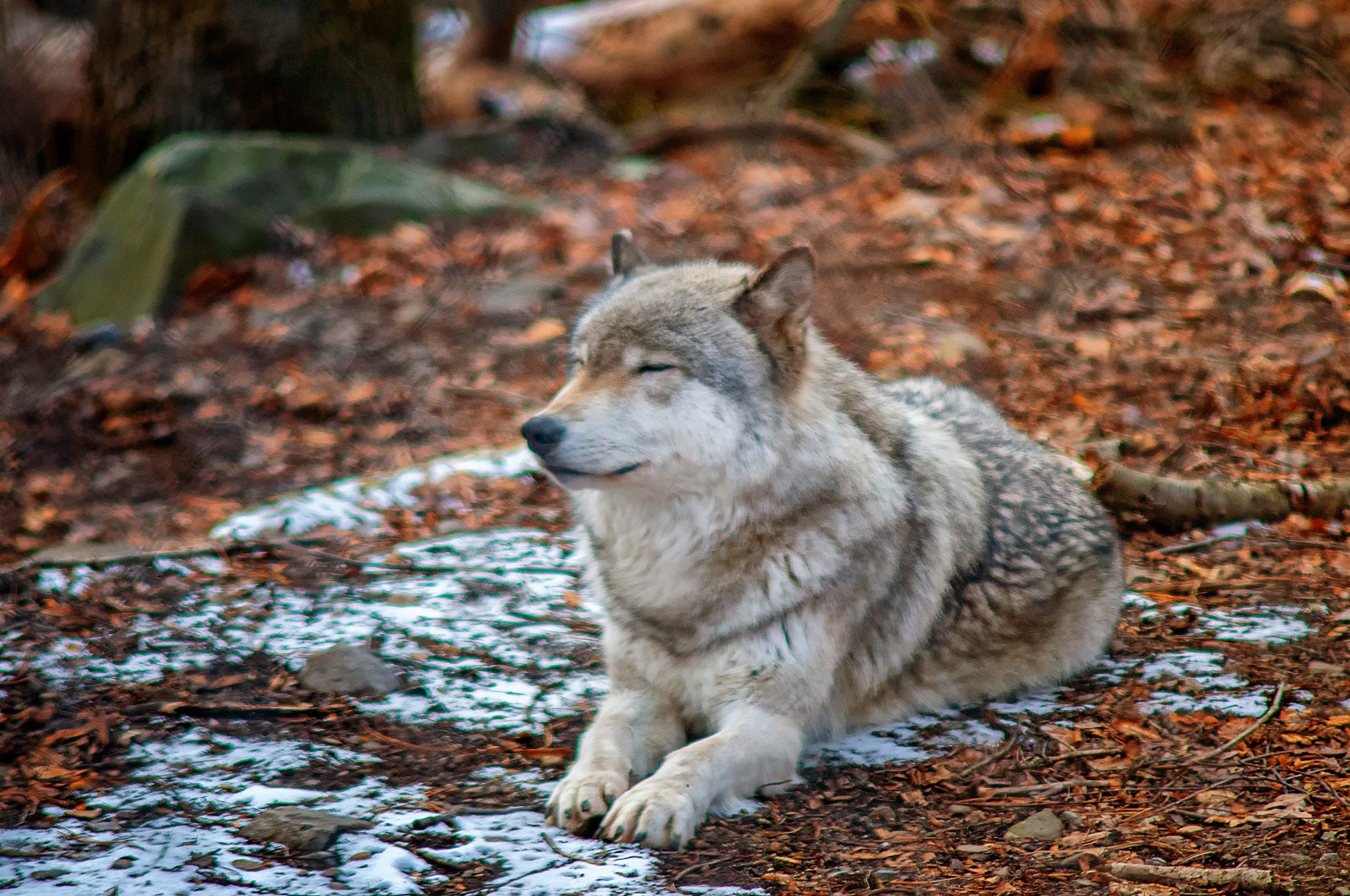Fifteen gray wolves released in Colorado last week as state’s historic wolf reintroduction continues
The successful release is part of plans to restore a self-sustaining population of wolves in the region.
Fifteen gray wolves were successfully released by wildlife officials in Colorado last week.
It was the second of several planned releases as part of efforts to re-establish a self-sustaining population of wolves in the state.
Each phase of the reintroduction process will see 10 to 15 wolves released on state or private lands over the next 3 to 5 years. If successful, there will be a self-sustaining population of around 30 to 50 wolves west of the continental divide.
Last week’s new wolves were animals relocated from British Columbia, Canada.
“Like a majority of my fellow Coloradans I’m thrilled to welcome our newest wolf residents to their new and rightful home,” said Alli Henderson, southern Rockies director at the Center for Biological Diversity. “This release is a big step toward righting the historical wrong of wolf extermination in our state and fulfilling the will of the voters who supported this restoration. Wolves belong in Colorado, and I look forward to the day when we achieve a self-sustaining population.”
The state’s “historic” wolf recovery plan was developed by the Colorado Parks and Wildlife (CPW) and the governor-appointed Commission after Colorado voters passed Proposition 114 back in 2020.
Following the vote, preparations for the rollout of the state’s historic reintroduction then took nearly two years of discussions between wildlife officials and stakeholders including ranchers, scientists, hunters, advocates and community members.
More good news for wolves in Colorado
Alongside last week’s release, CPW also announced that a previously captured family of wolves known as the Copper Creek pack have now been returned to the wild.
The family, consisting of a young gray wolf mother and her four pups, had been recaptured by wildlife officials and held in captivity since last summer after a number of livestock losses in the area. Sadly, the family’s male wolf father was announced dead just a few days after the entire family was captured.
Their capture highlighted how wolf recovery projects in the area are at the mercy of the livestock industry. Conservation groups argued that the livestock owner whose livestock was killed refused to implement science-backed coexistence tools to help prevent any incidents. The state’s wildlife agency acknowledged that the wolves may have been lured to the livestock owner’s property when the rancher refused to bury cow carcasses in an open pit.
Now, after several months of being held in captivity, the wolf mother and her pups are back roaming in the wild.
“With so few wolves in Colorado, this family will play a leading role in restoring a self-sustaining population,” said Henderson. “The state wildlife agency did the right thing by releasing them.”
Help change the narrative for wolves in the US: Species Unite is piloting our first-ever wolf education in schools program, which is designed to teach children about the importance of protecting wolves to maintain a balanced ecosystem. If you know a teacher, please share with them our free Wolf Education Guide.
We Have A Favor To Ask…
Species Unite amplifies well-researched solutions to some of the most abusive animal industries operating today.
At this crucial moment, with worldwide momentum for change building, it’s vital we share these animal-free solutions with the world - and we need your help.
We’re a nonprofit, and so to keep sharing these solutions, we’re relying on you - with your support, we can continue our essential work in growing a powerful community of animal advocates this year.






